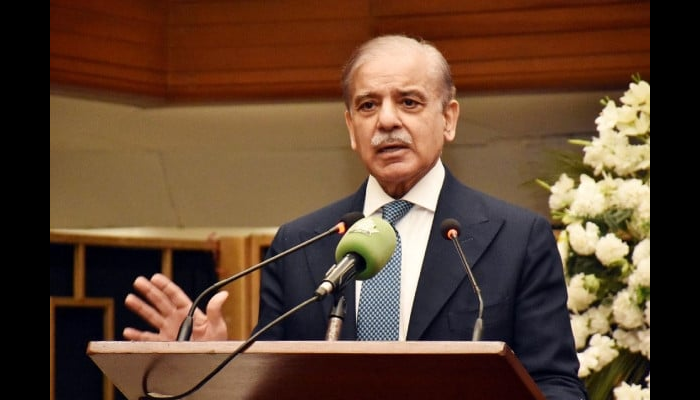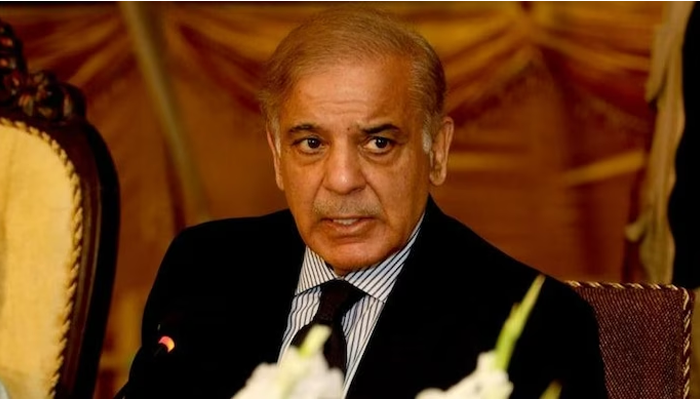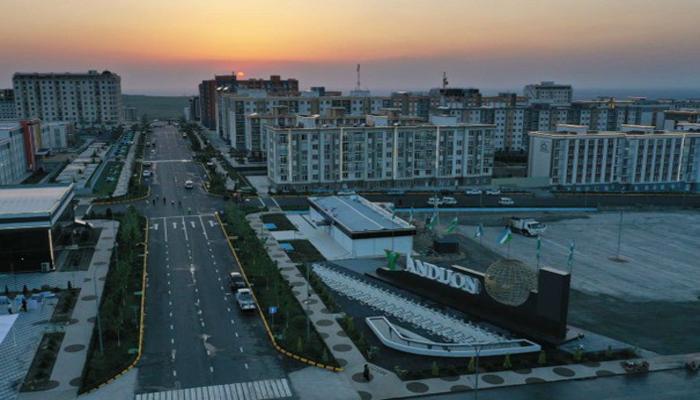Prime Minister Shehbaz Sharif announced a major infrastructure initiative on Thursday, pledging to convert Balochistan’s notorious “bloody track” into a modern highway.
The road, infamous for its dangerous conditions and frequent accidents, has claimed nearly 2,000 lives over the years. Speaking at the groundbreaking ceremony of the Jinnah Square Underpass in Islamabad, PM Shehbaz assured that the new highway would be constructed to motorway standards, aiming to provide safer travel for residents and improve connectivity across the province.
The ambitious project, which is expected to cost over Rs 300 billion, will take approximately two years to complete. The upgraded highway will link key cities such as Karachi, Kalat, Khuzdar, and Quetta, significantly improving road safety and facilitating smoother transportation for people and goods.
Prime Minister Shehbaz Sharif expressed strong disapproval of those opposing road development projects in Balochistan, calling them narrow-minded. "We are committed to completing the Karachi, Kalat, Khuzdar, and Quetta highway projects to the highest standards," he said. “This initiative reflects the aspirations of the people of Balochistan, and it will transform travel in the province, ensuring a safer and more accessible route for the people,” he added.
He further emphasized that the highway project is part of a broader commitment to inclusive development. As a testament to this commitment, the federal government had already doubled Balochistan’s quota in the National Finance Commission (NFC) award, ensuring that the province receives more resources for its development needs.
Highlighting the government's focus on national unity and development, PM Shehbaz reaffirmed the vision of working with all provinces together. He mentioned that both the government and armed forces were aligned in this objective, striving for the collective prosperity of the nation.
The Prime Minister also took the opportunity to praise recent economic improvements in the country. He attributed the stabilization of Pakistan’s economy to the cooperative efforts of government officials, including Islamabad Administrator Mohsin Naqvi, who played a key role in improving the city’s infrastructure and traffic management. These improvements have contributed to the national economy’s stabilization and set Pakistan on a path to growth.
Earlier this week, PM Shehbaz had also addressed fuel price reductions, explaining that while the prices would not be immediately passed on to the public, the savings from these reductions would instead be directed towards upgrading Balochistan’s vital N-25 highway. This initiative is part of the government's ongoing efforts to improve the province’s infrastructure and address long-standing development challenges.
The transformation of Balochistan’s "bloody track" into a modern, safe highway marks a significant step in improving the province’s infrastructure. It aligns with the government’s broader vision of national integration, regional development, and ensuring the safety and well-being of all citizens. With this project, the Prime Minister aims to improve the lives of Balochistan’s residents, providing them with better connectivity and enhanced opportunities for growth and progress.









